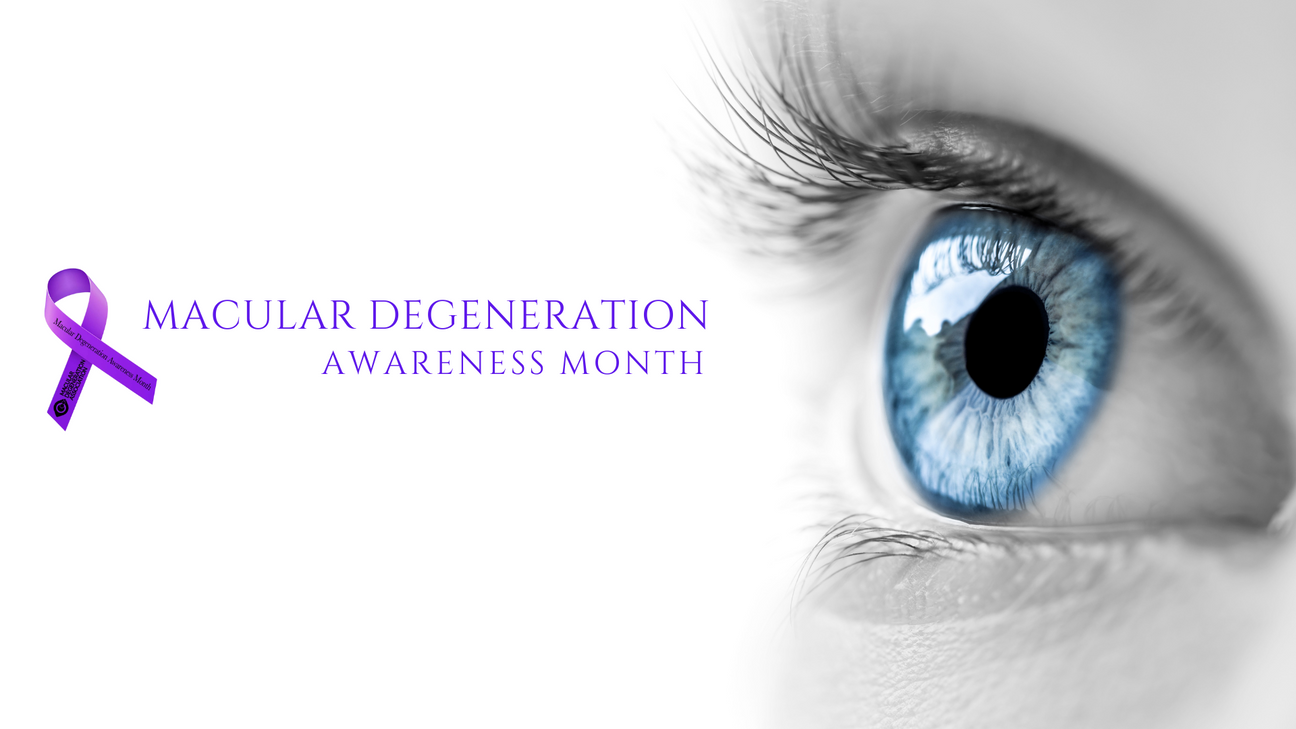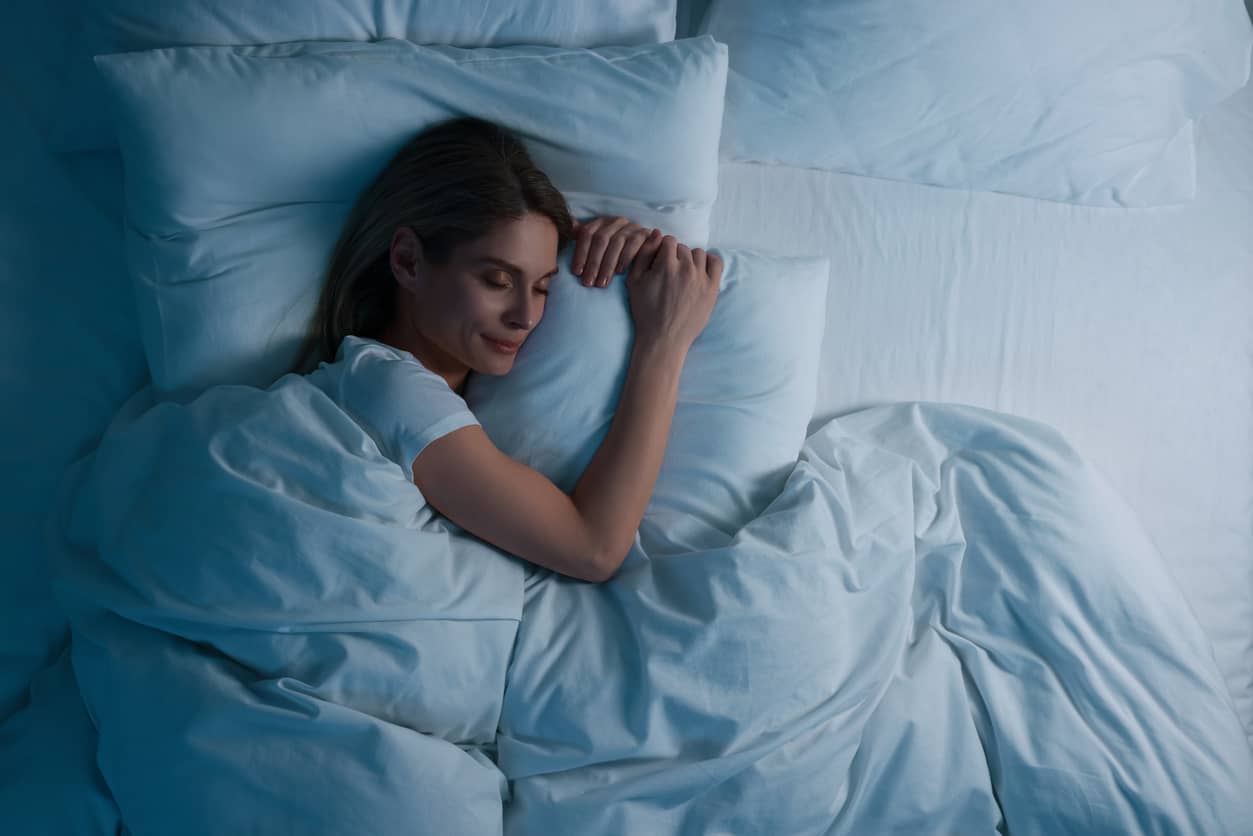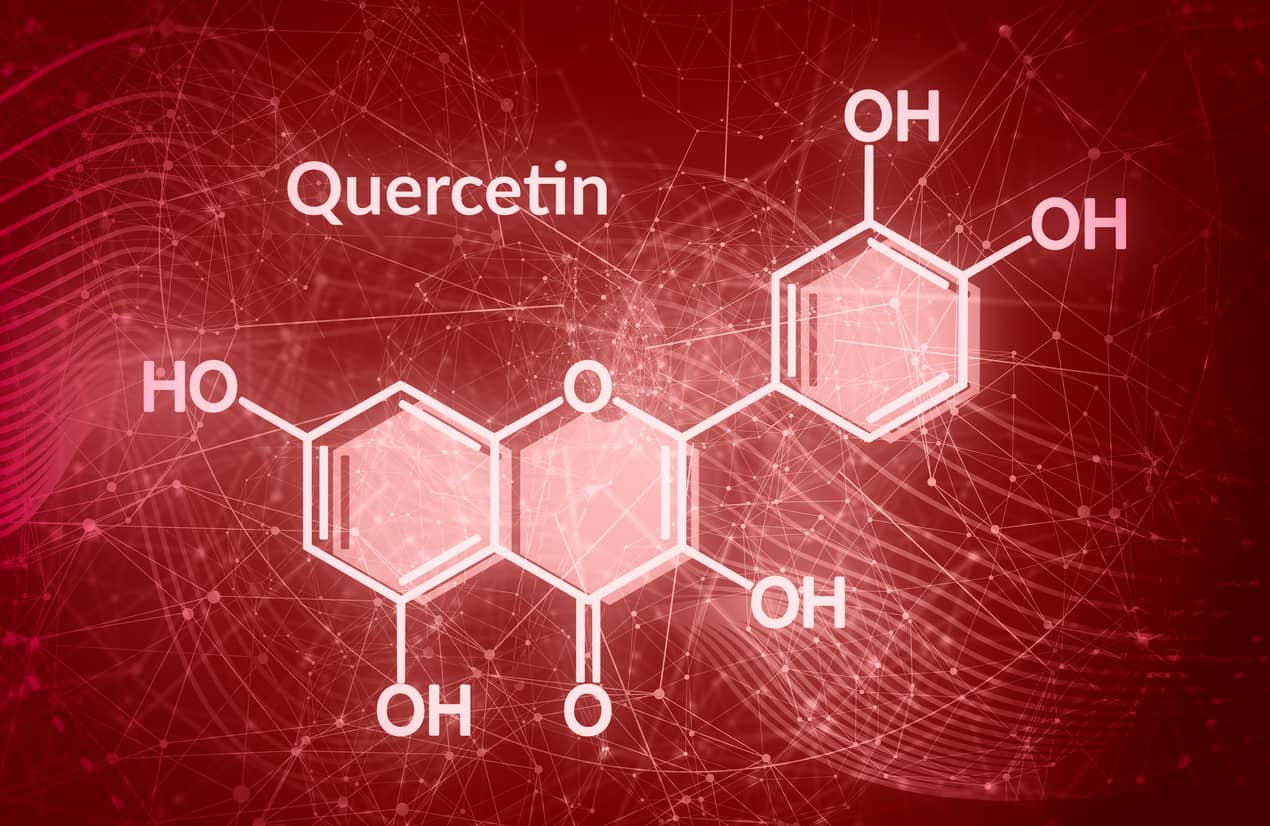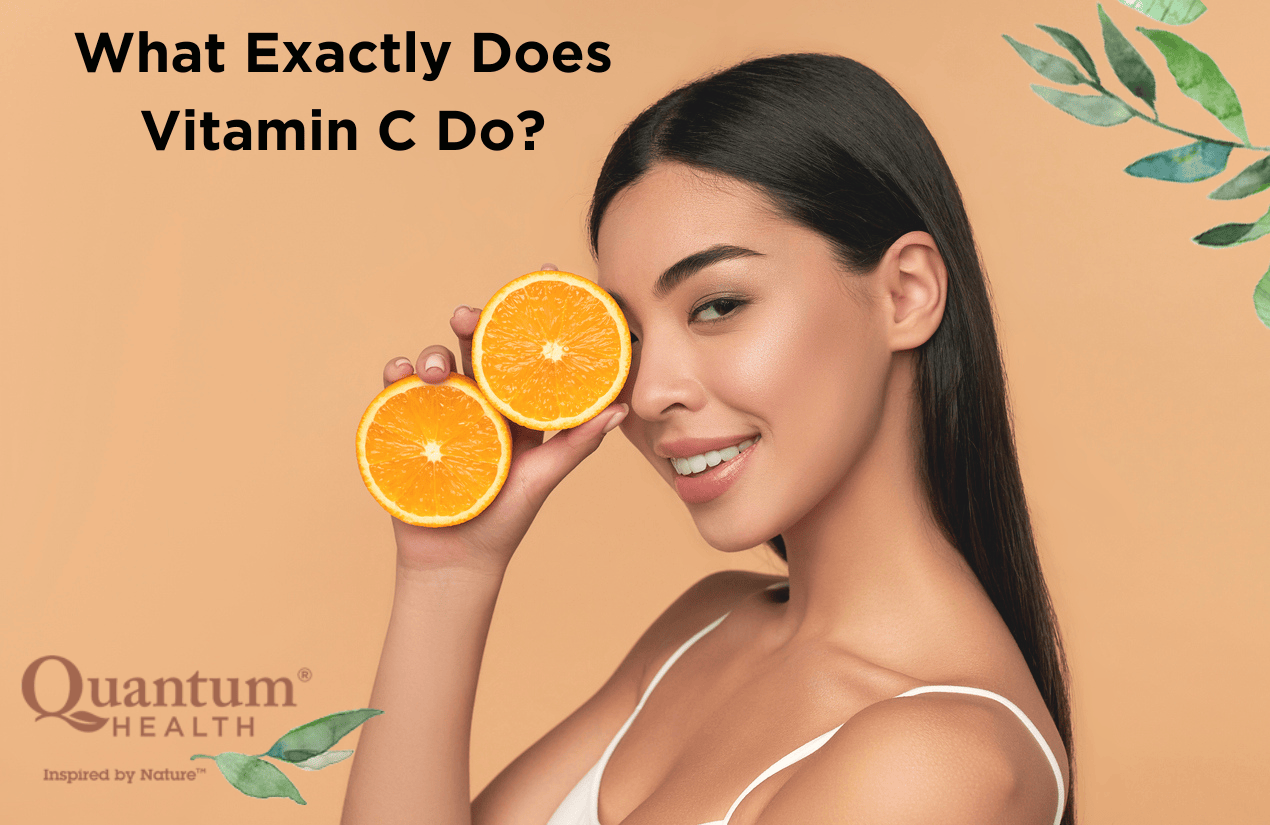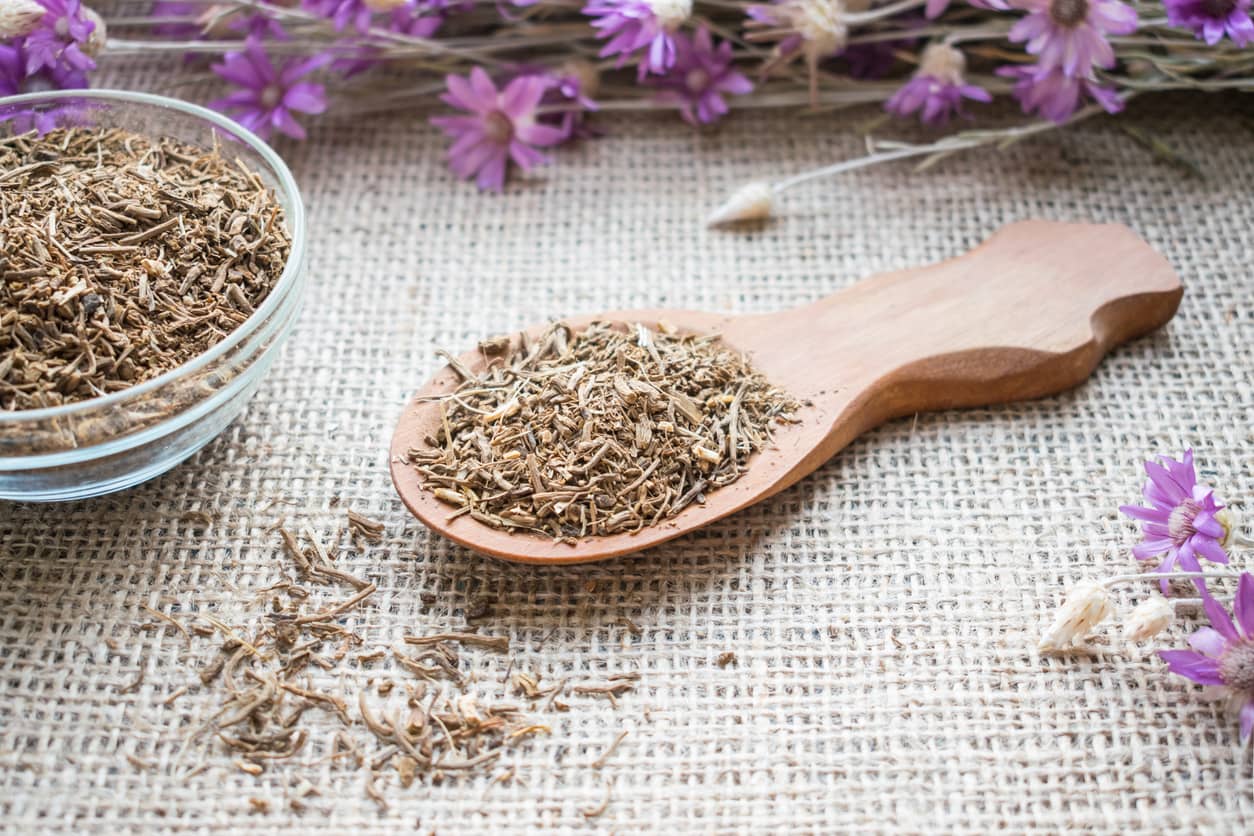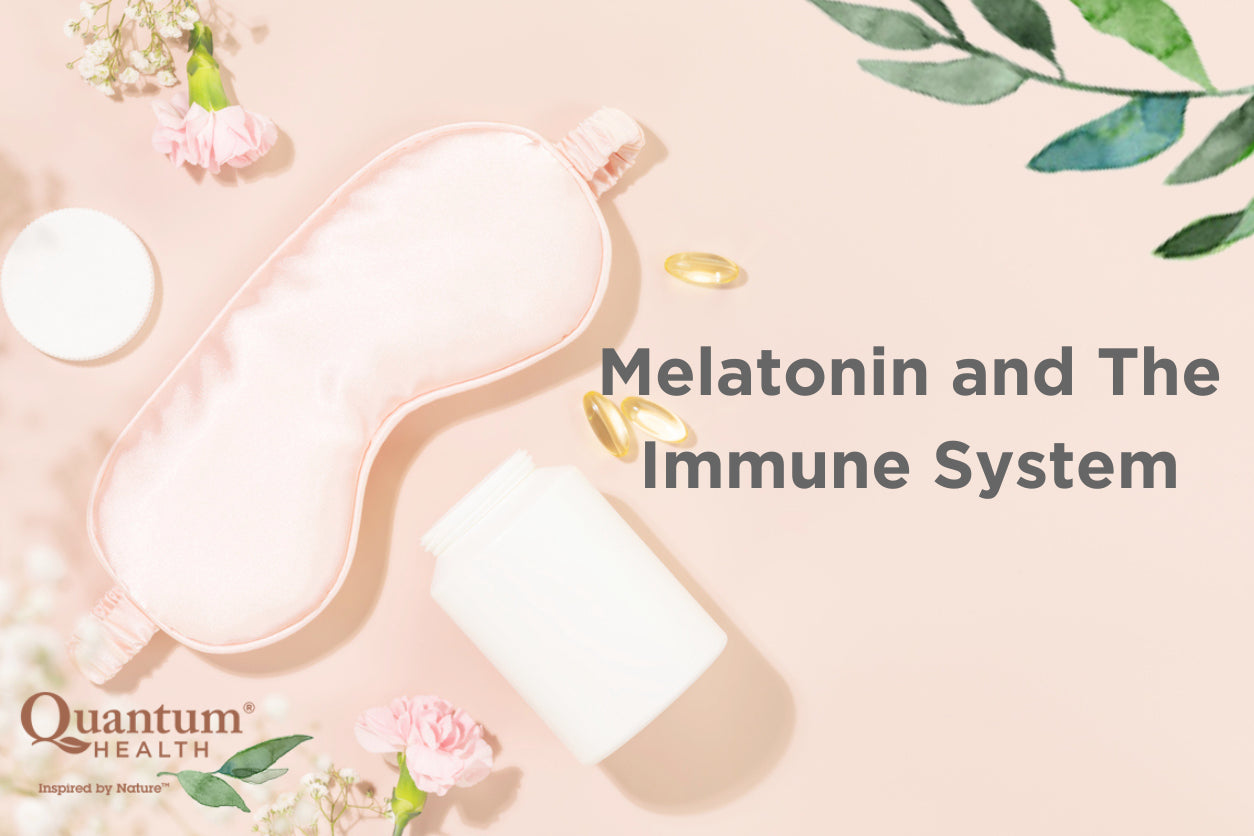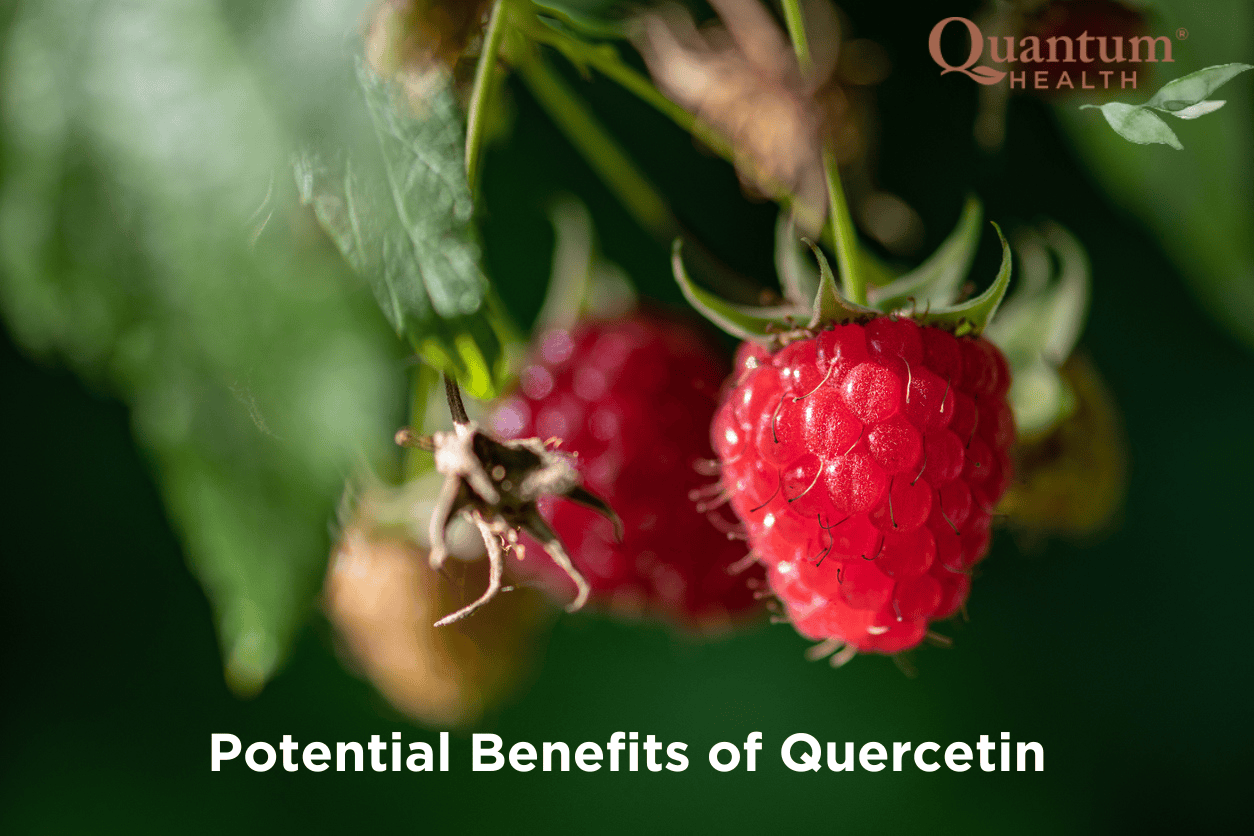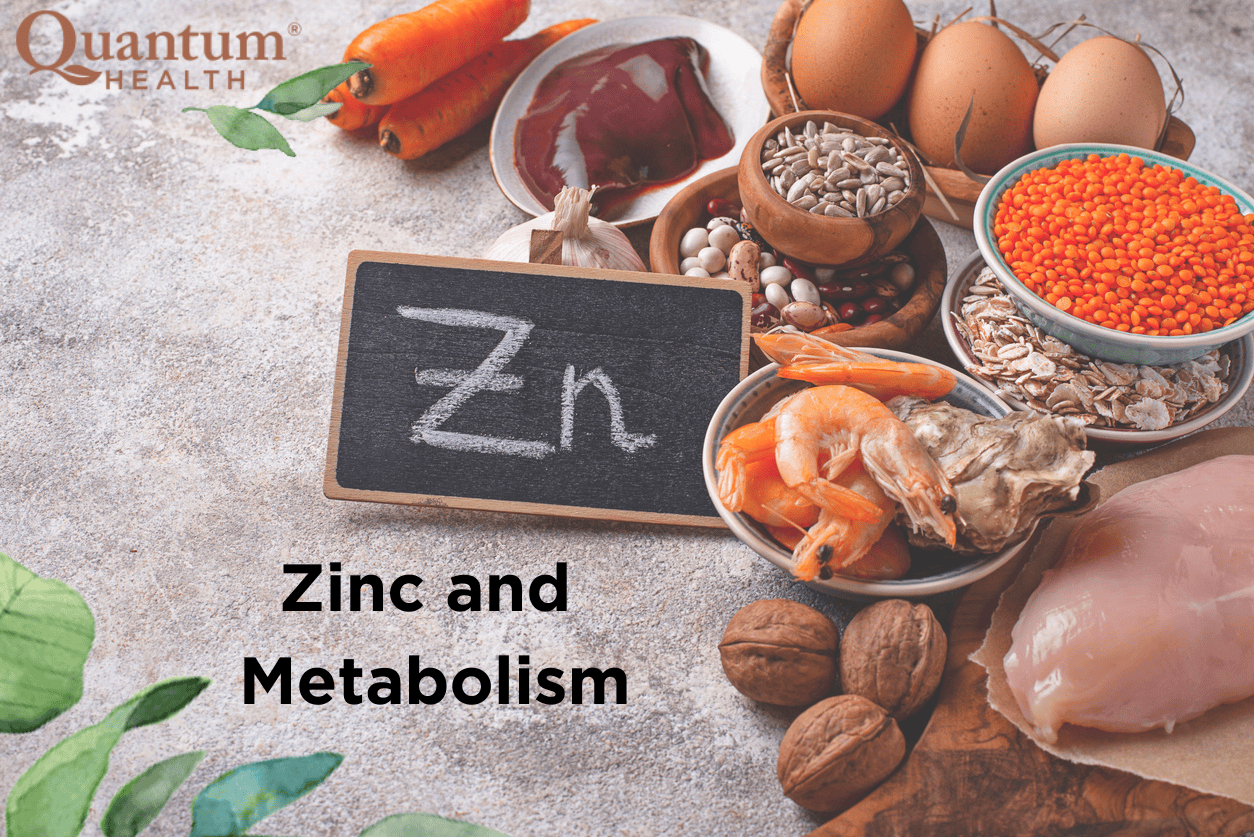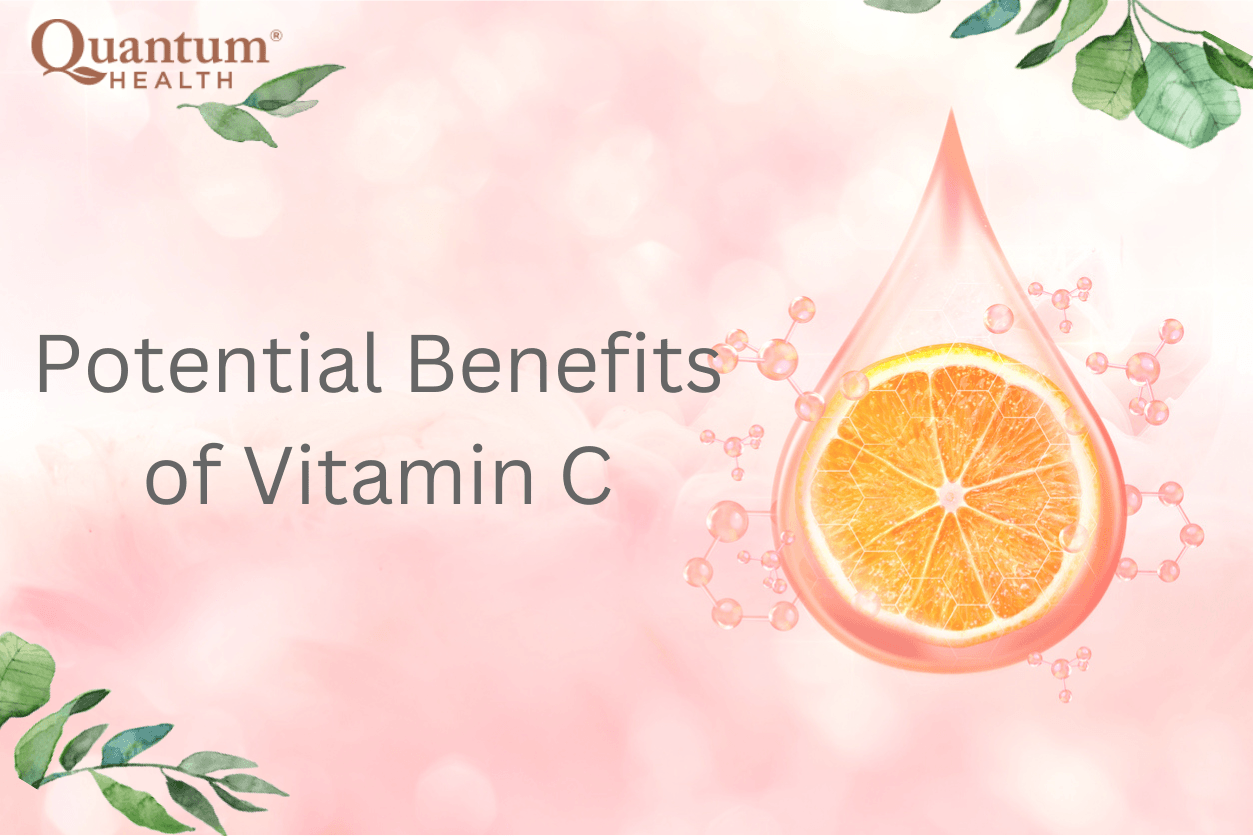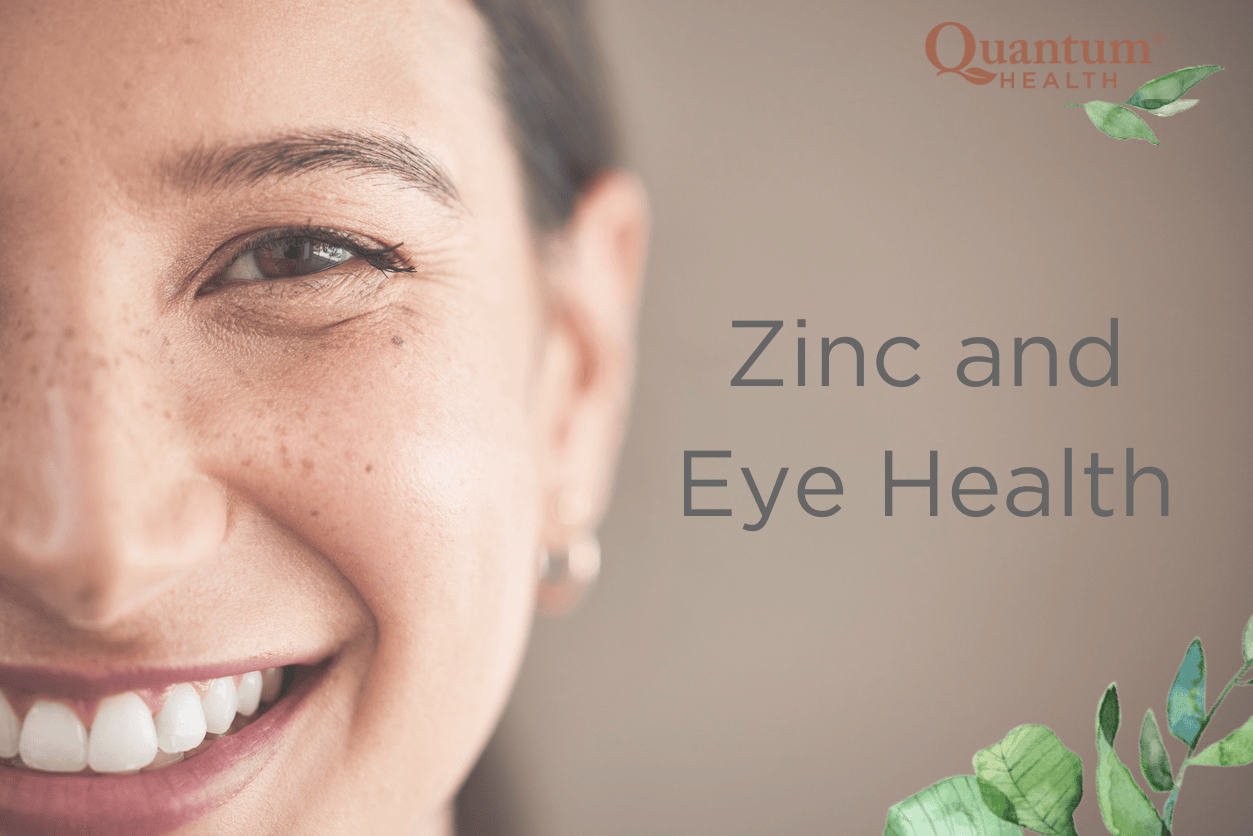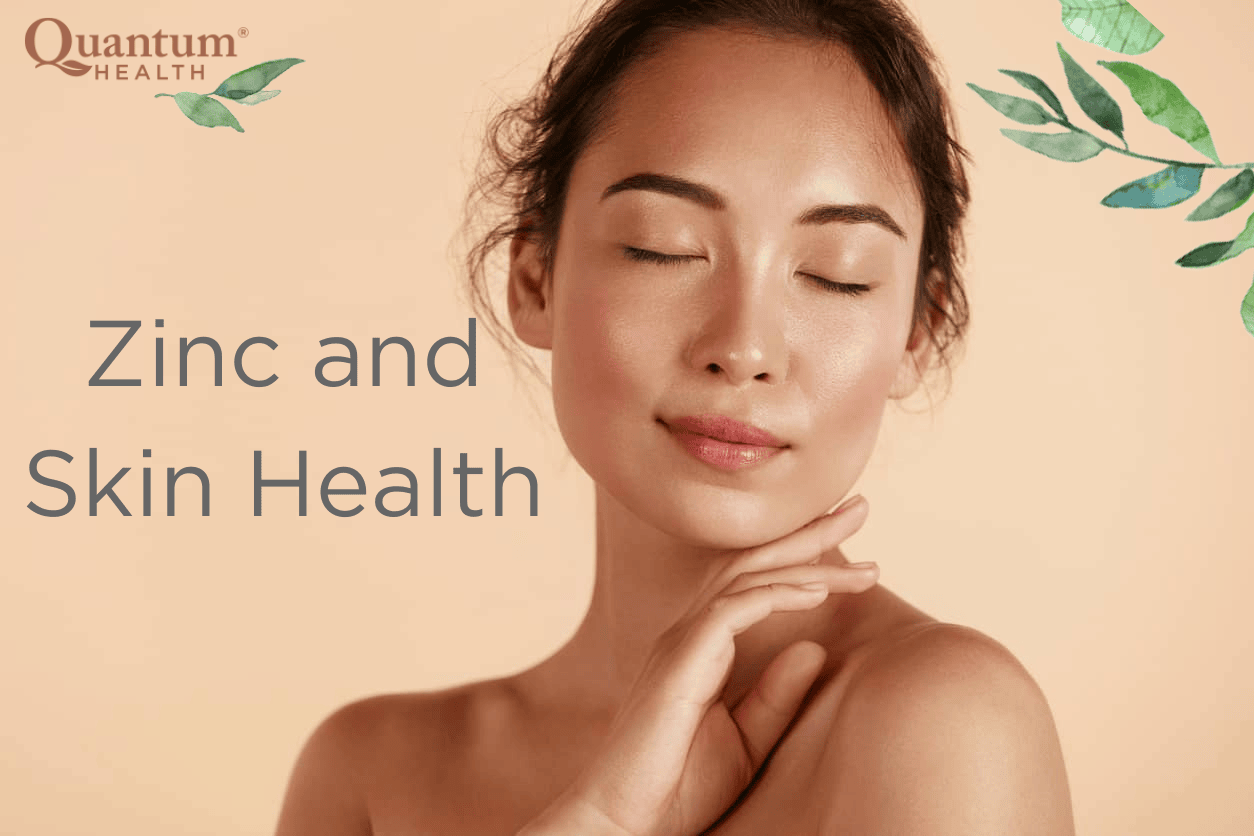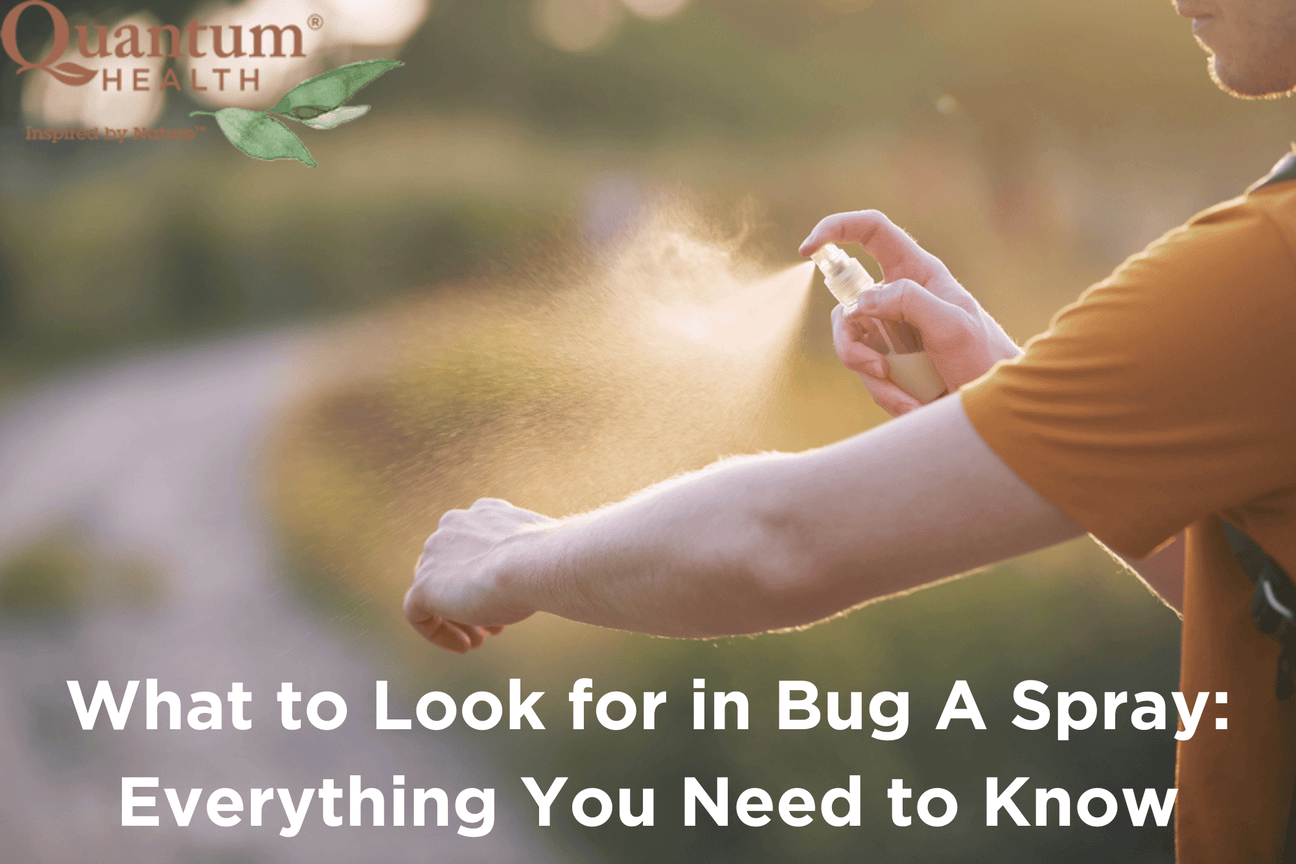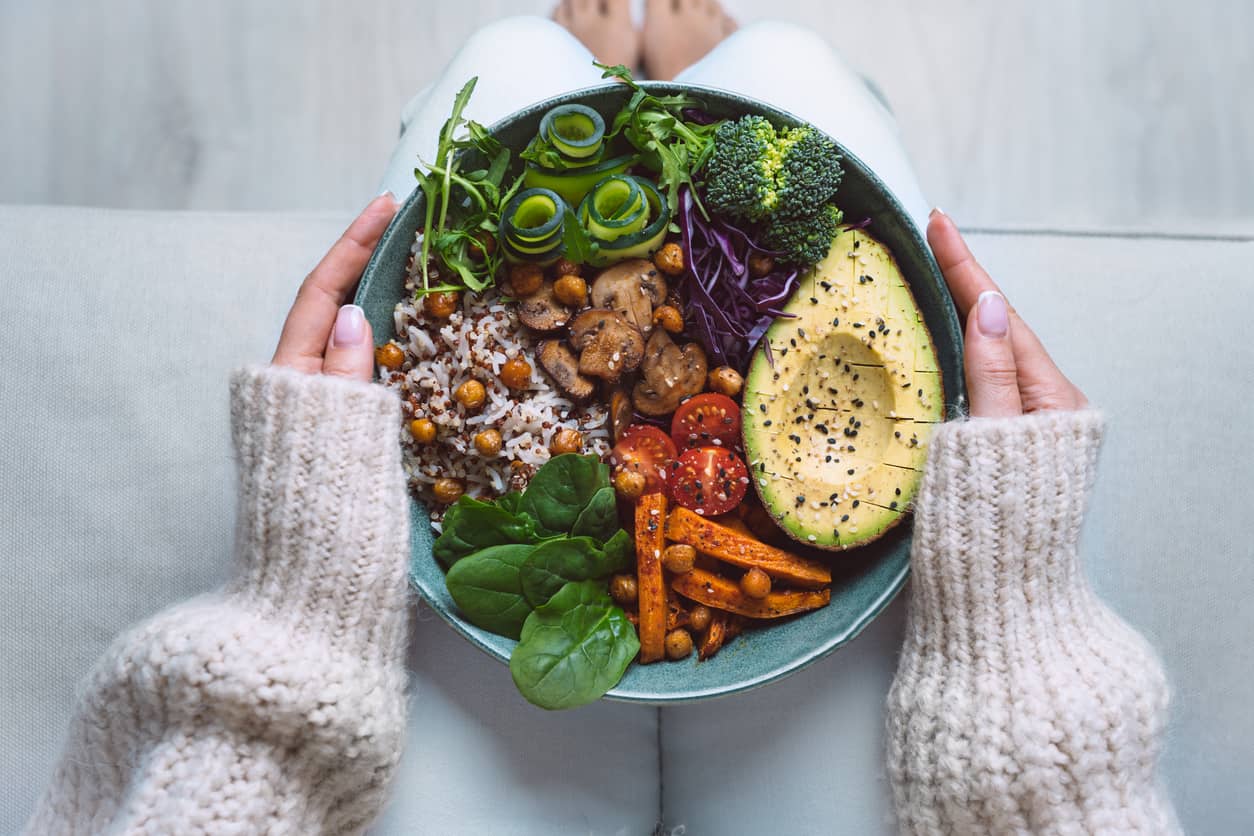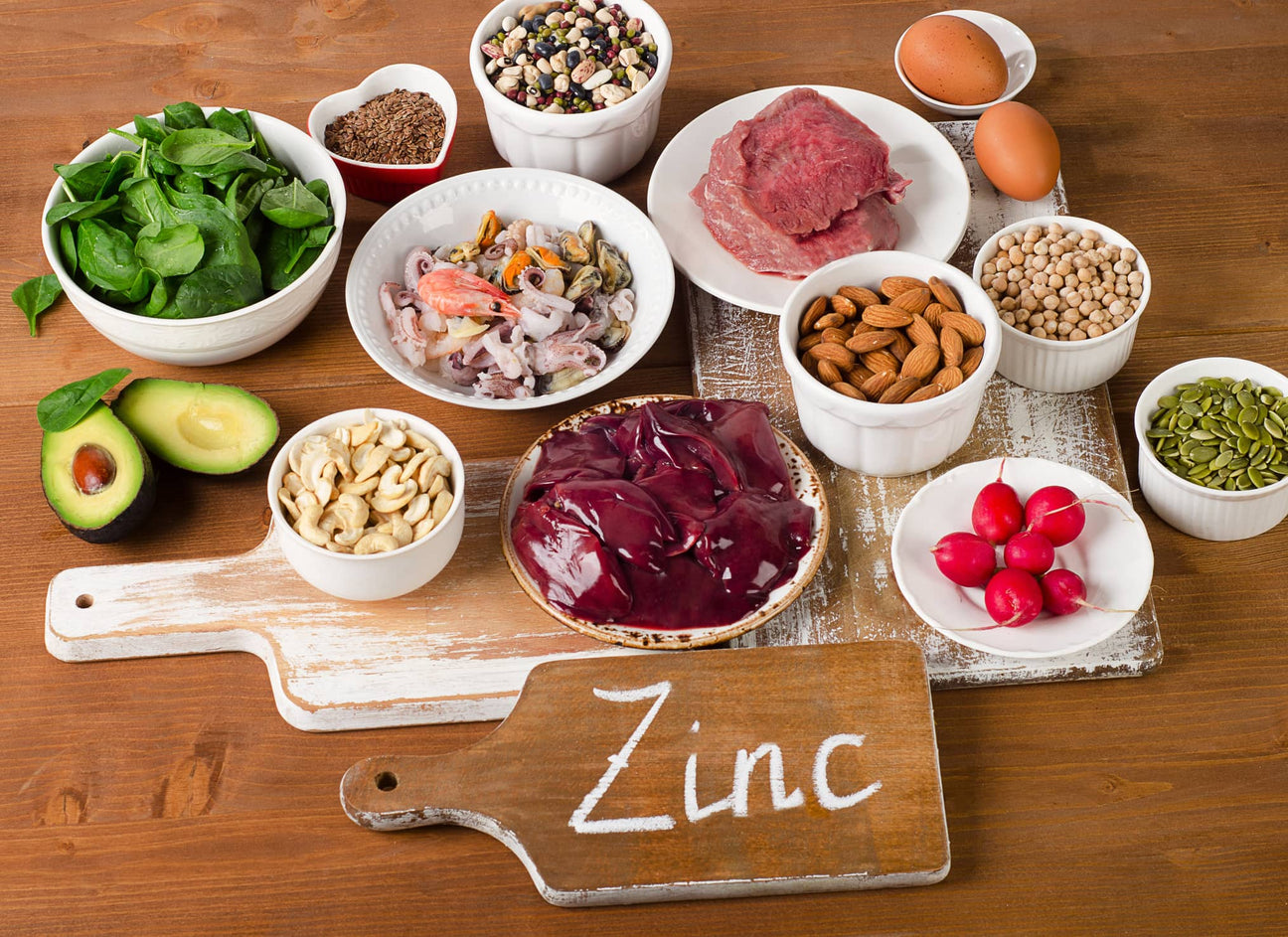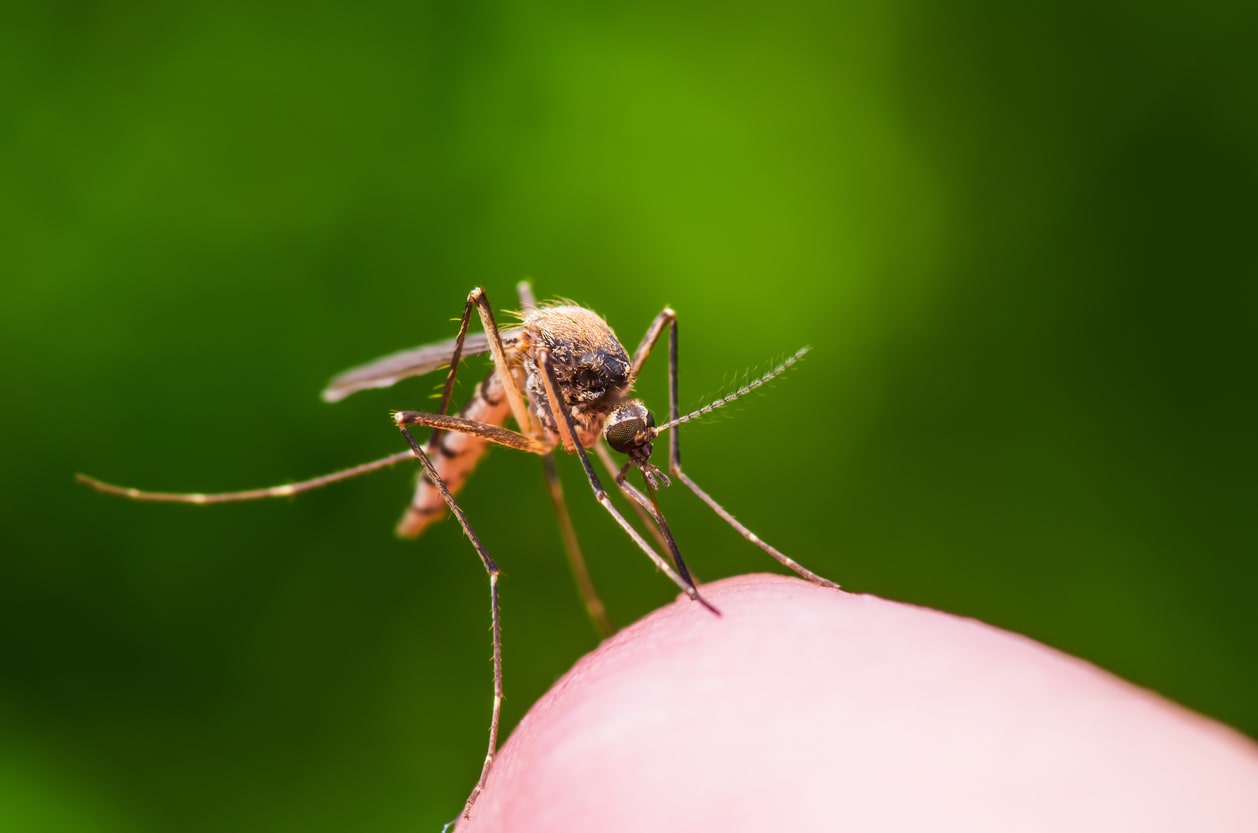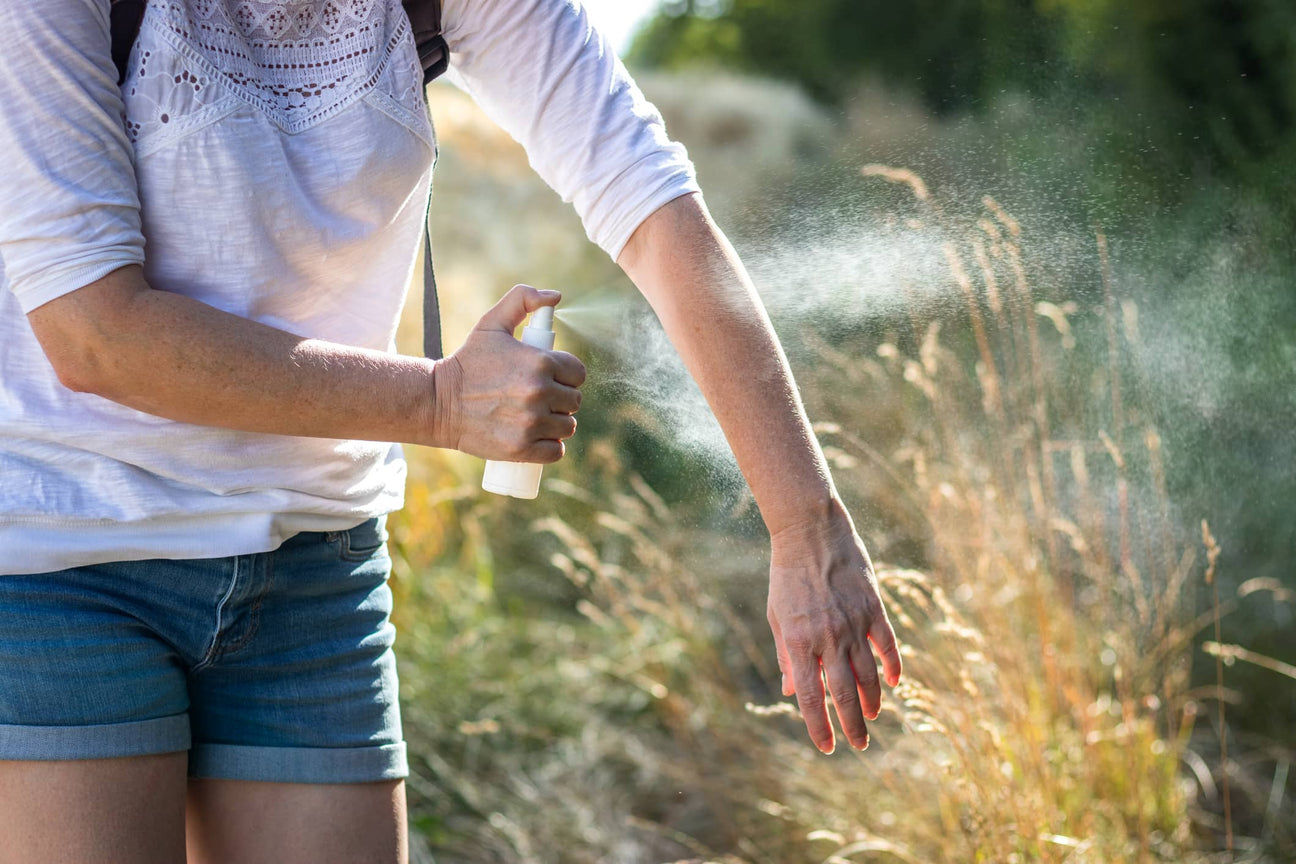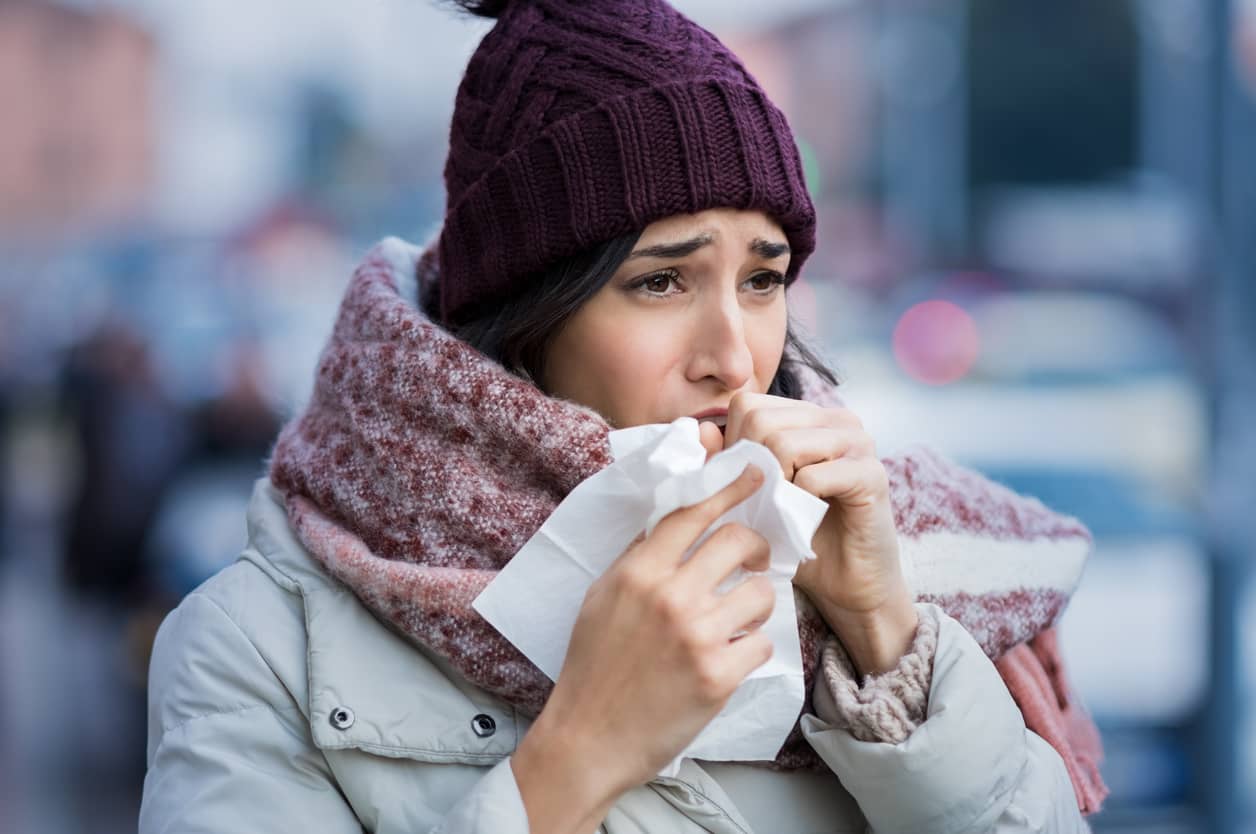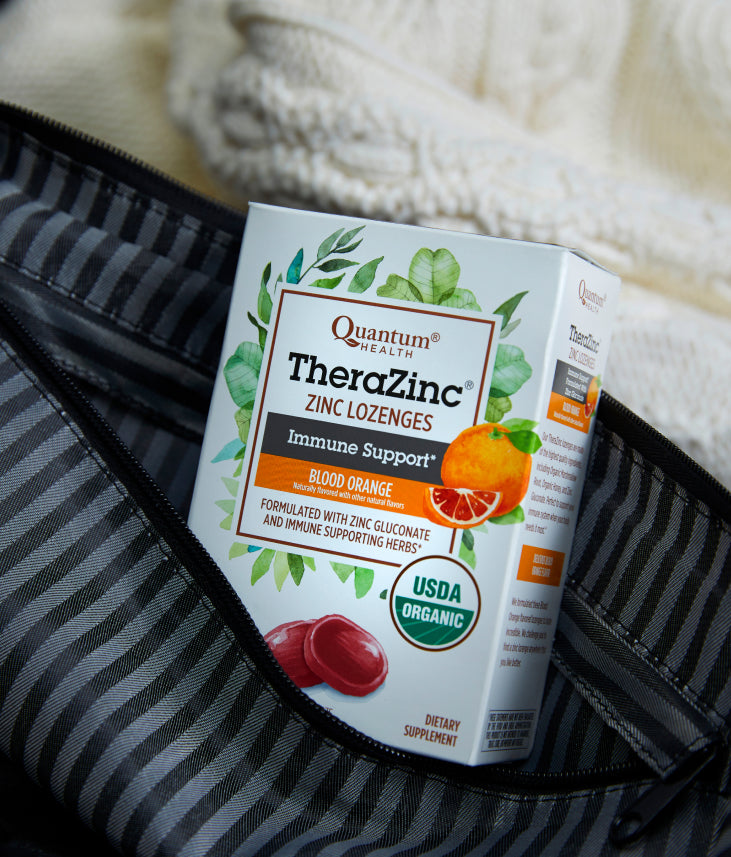What Is Quercetin: Everything You Need to Know
Wondering what quercetin is and why you need to know about it? Quercetin is a plant pigment — or a flavonoid — in foods high in antioxidants, such as fruits and vegetables and drinks like wine and tea.
It also has several potential health advantages, including lowering the chance of heart disease, high cholesterol, and prostate cancer. But there’s more to it. Here, we discuss what you need to know about quercetin, its importance, and how much you should consume.
What Is Quercetin?
So, exactly what is quercetin? Quercetin belongs to the class of flavonoids, which are plant pigments. As such, numerous foods and drinks contain it, such as berries, apples, broccoli. citrus fruits, powdered cocoa, dark cherries, green tea, leafy vegetables like lettuce and kale, onions, and even red wine.
It can also be taken as an extract, powder, capsule, and tablet for nutritional supplements.
Potential Benefits of Quercetin
Now that you have the answer to “What is quercetin?” let’s look at its potential benefits.
Like other flavonoids, quercetin has a high antioxidant level and potential anti-inflammatory effects. Participants in an eight-week study of 50 women with rheumatoid arthritis who took 500 milligrams of quercetin reported less stiffness in the morning, less pain in the morning, and after an activity.
Quercetin supplements might also help support the immune system, control allergy symptoms, or maximize musculoskeletal recuperation.
Quercetin may also lower blood pressure in both systolic and diastolic readings, reducing arterial pressure. This is significant because elevated blood pressure over time can potentially clog arteries. In addition, studies have shown the efficacy of topical quercetin may treat acne and minimizing the appearance of wrinkles and age spots.
How Quercetin Works
Antioxidants, such as quercetin, help minimize oxidative damage to cells, which happens when an overabundance of free radicals overpowers the body’s antioxidant defenses. Therefore, getting quercetin from food or supplements is essential because the body cannot naturally create it.
The overall bioavailability (i.e., absorption in the body) of quercetin is thought to be quite low. Several variables, including the consumption of other foods containing quercetin, changes in metabolism, and certain transporters in the stomach, can affect its bioavailability.
Quercetin and Diet
Not only do some fruits and vegetables contain quercetin, but they also provide other health benefits. So, you should maintain a diet of quercetin-rich foods and ensure that whatever cooking method you use doesn’t negate its benefits. There are pill and capsule forms of quercetin supplements available. Bromelain, an enzyme in pineapple, is frequently added to them since both have anti-inflammatory properties.
Final Thoughts
Quercetin is one type of flavonoid that can be found in fruits and vegetables. While numerous investigations have shown several possible benefits of quercetin, further research is necessary before using it for medical purposes.
Before beginning any quercetin supplement regimen, always be sure to consult with your doctor.
Share
Your share can inspire countless others.
























